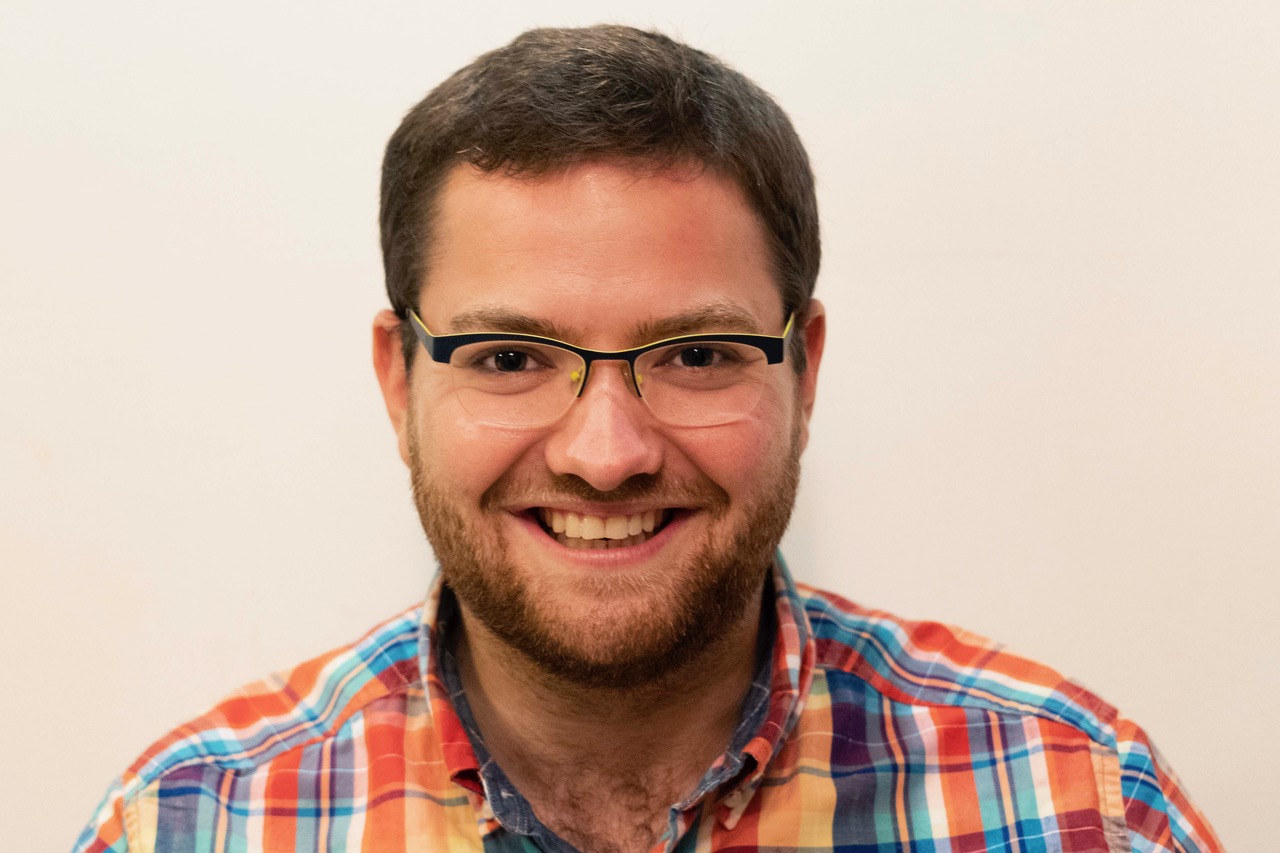Photo: Jeffrey Beall/Flickr

Last November, a few members of the Occidental (Oxy) College football team posed for a picture with an Israel Defense Forces (IDF) flag, sharing it on their personal Instagram feeds. The pictures were captioned “@oxyfootball stands in solidarity with our Israeli brothers in their fights against terror @IDF” and “Stand up against terror @IDF.”
As a result, a number of things transpired.
The administration sent a letter to the entire student body disapproving the incident for giving the “mistaken impression that their personal views are also the views of the College’s football team and the College.” However, the same administration failed to take strong action after the football house was vandalized the following weekend. Those responsible were never caught, though the fact that “Free Palestine” was part of the graffiti indicates the political views of the aggressors.
Additionally, Oxy’s Students for Justice in Palestine (SJP) chapter, dissatisfied with the administration’s response, felt the need to submit a letter to the editor of the school paper — The Occidental.
SJP is an extremist group. Aside from their support of the BDS movement, SJP goes so far as to actively promote, and unabashedly glorify, murderers and terrorists.
One such example was various chapters’ recurring invitation of convicted terrorist Rasmea Odeh, the murderer of two Jewish Hebrew University Students, to lecture at various schools across the nation. Creating a platform to share the ideology of terrorism and murder showcases only part of SJP’s doctrine, which is largely responsible for the hostile environment against Israel and its supporters on US college campuses.
In the letter to the editor, Oxy SJP argued that the dean’s response to the Instagram posts “diminishes the severity of the violence committed.” The letter goes on to argue that “this kind of rhetoric [the Instagram post] propagates the inaccurate portrayal of Palestinians as terrorists,” adding that “there are serious implications against all Muslim and Middle Eastern students,” and finally reaching a crescendo with the fact that this is “emblematic of broader trends of Islamophobia, demonization and dehumanization of brown people.”
All this from a photo posted on Instagram in which the word “Palestinian” didn’t even appear?
Unfortunately, this kind of disproportionate response cuts right to the heart of the issue at Oxy, when it comes to anything involving Israel. As one student put it: “there is a widespread culture of social shaming [at Oxy].”
“Social shaming” just sounds like a whitewashed term for bullying.
This “social shaming” targets all those who are suspected of harboring pro-Israel sympathies. Even Maddie Solomon, head of Oxy’s J Street chapter, an organization associated with the left, has taken heat for stepping out of line. An article of hers calling for better dialogue between the different Jewish groups on campus got a scathing response from the college’s Jewish Student Union (JSU).
Occidental’s JSU does not purport to represent all the Jews on campus, as its name might suggest, but rather strives to “maintain a space for self-identified progressive Jews at Oxy.” This they do by “foster[ing] … an in depth understanding of antisemitism, white supremacy, and how Jews interact with systems of power.”
The conflation of antisemitism solely with white supremacy is indicative of JSU’s narrow view of Judaism. In fact, in the rebuttal to Solomon’s piece, written by Natalie El-Hai, one of JSU’s founding members, the author claims outright that Zionism is rooted in white supremacy.
This assertion led to what is arguably the pinnacle of the article, where El-Hai argues that “in regard to dismissing someone because of their political views: this is allowed to happen.”
First of all, this frightening statement by El-Hai undercuts one of her earlier points (where she refers to one of Solomon’s conclusions as “a cop-out to not engage with political ideas that make us uncomfortable”), though this is the least of the rebuttal’s logical, technical, and factual shortcomings.
“The conflation of antisemitism solely with white supremacy is indicative of JSU’s narrow view of Judaism.”
More importantly, this statement stands at the foundation of Oxy’s culture of social shaming anyone who is less than anti-Israel. It is also the reason there is nothing even remotely resembling wholesome dialogue regarding Israel. Anyone who disagrees with the extreme left simply runs the risk of being ostracized by other members of the student body.
To make matters worse, the legitimacy of this one-sided discourse (or rather, the illegitimacy of other opinions) is not propagated solely by members of the student body.
The faculty at Oxy are also largely complicit in preventing the development of diverse discourse regarding Israel. One example of this can be seen when examining the syllabus of a course titled “The history of the Palestine-Israel Question.” Making no mention of the Holocaust (and the ties between the Palestinian leadership and the Nazi party) or historical Jewish roots to the land of Israel, the class is far from painting anything like an unbiased or accurate picture of the conflict’s history.
Another example can be seen in a letter sent to Oxy’s president by tenured professors in 2018, decrying a position given to Israeli scholar Dr. Tal Becker. Their claim is that Becker’s “life’s work has been to replace the often crude and offensive language of Israel’s [then] current government with anodyne phrases that misrepresent the brutal reality of the Occupation.” Simply put, because Becker views the conflict differently than they do, the tenured professors felt that it was “inappropriate” to give him an award.
Unfortunately, this list goes on, and in all probability, will continue to expand.
This is not how college campuses are supposed to look. What happened to the powerful ideas of diversity of thought, and freedom of speech and expression?
At Oxy, at least, they seem to have been pushed out in favor of “correct” thought and an overzealous drive to cause no offense. Well, at least not to anyone harboring radically anti-Israel views.
Originally published in The Algemeiner.
Contributed by 2019-2020 Hebrew University of Jerusalem CAMERA Fellow Matanya Harow.

